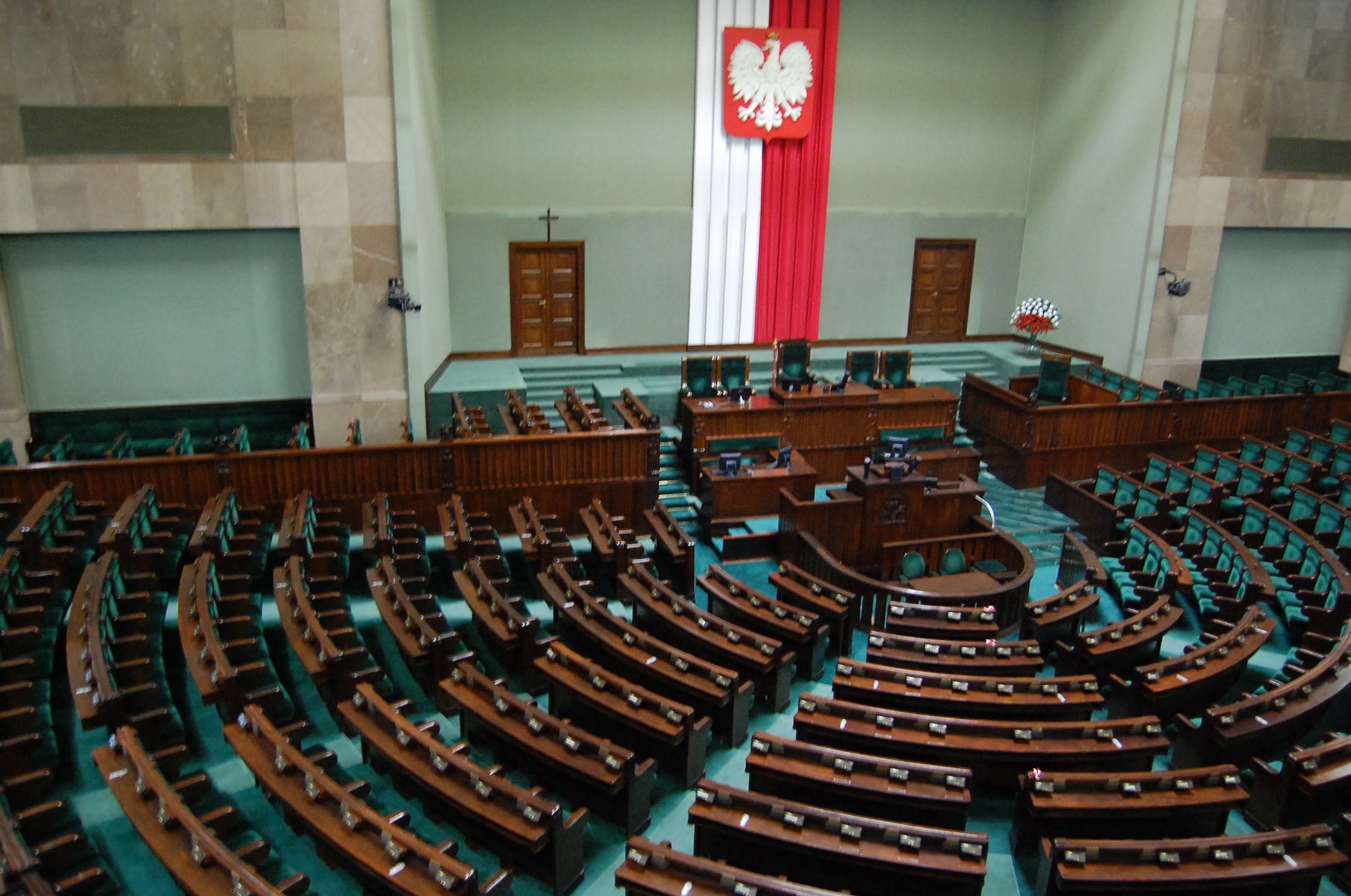Poland – Polish media reported last week that the European Parliament had asked the European Court of Justice to speed up the examination of Poland’s and Hungary’s appeal against the rule of law mechanism adopted at the EU summit in December. This mechanism is supposed, when it is implemented, to make the payment of European funds from the 2021–2027 multiannual budget and the Next Generation EU recovery plan conditional on the European Commission’s assessment of member countries’ compliance with “European values” and the “rule of law”. MEP Patryk Jaki said on Thursday that such a request had been sent by the European Parliament to the ECJ.
Extension of the concept of the rule of law to societal issues in violation of the European treaties
Already in March, the European Parliament had passed a resolution urging the Commission to implement this conditionality mechanism. The resolution gave the Commission until June 1, after which Parliament would take the matter to the ECJ.
Since the beginning of the year, however, that is to say after Poland and Hungary withdrew their vetoes, the European Parliament has passed several resolutions extending the concept of the rule of law and European values mentioned in Article 2 of the Treaty on European Union, to which the mechanism adopted by the December European Council refers.
Thus the European Union has been declared by a majority of MEPs to be an “LGBTIQ freedom zone”, in a resolution which was also very critical of Poland in particular. Furthermore, since the Polish Constitutional Court’s ruling last October banning eugenic abortions, the European Parliament has held several debates and voted for several resolutions and draft resolutions in which it claims to recognize abortion as a fundamental right and a European value.
While societal issues as well as the regulation of abortion fall within the exclusive competences of the Member States under the European treaties, it is clear today that the European Parliament is seeking to extend the application of the “rule of law” mechanism to these issues, as it openly advocated in its September 2020 resolution in favor of the sanction procedure against Poland under Article 7. The will to extend the scope of European sanctions to societal issues has also been expressed on numerous occasions by members of the current European Commission.
The activism of the European Parliament and the European Commission since the beginning of the year, but also the past experience of an EU Court of Justice always eager to extend the competences of the Union without going through a new treaty (which would probably be rejected in a democratic process), leave little doubt that this mechanism, which the Polish and Hungarian leaders eventually accepted, contenting themselves with a joint declaration of the 27 intended to reassure them, will soon be implemented and very widely applied for purposes of ideological blackmail.
A December European Council declaration of little value
It is true that the European Council stated in its declaration that the Regulation of the European Parliament and of the Council on a general regime of conditionality for the protection of the Union budget “is to be applied in full respect of Article 4(2) TEU, notably the national identities of Member States inherent in their fundamental political and constitutional structures, of the principle of conferral, as well as of the principles of objectivity, non-discrimination and equal treatment of Member States.” It also asserted that, in case of violations of the rule of law, “the causal link between such breaches and the negative consequences on the Union’s financial interests will have to be sufficiently direct and be duly established”, and that “The Regulation does not relate to generalised deficiencies.”
The problem, however, is that a declaration of the European Council is not EU law, whereas a Regulation of the European Parliament and the Council is. And the definition of the rule of law in this “Regulation of the European Parliament and of the Council on a general regime of conditionality for the protection of the Union budget” is excessively broad and open to interpretation. We can be fairly sure that the EU institutions will not shy away from interpreting these to the maximum possible extent, and even beyond, as shown by the sanction procedures already initiated against Poland and Hungary under Article 7. According to the regulation approved by the December European Council, the conditionality mechanism will cover all the principles and values listed in general terms in Article 2 of the Treaty on European Union, which reads as follows:
“The Union is founded on the values of respect for human dignity, freedom, democracy, equality, the rule of law and respect for human rights, including the rights of persons belonging to minorities. These values are common to the Member States in a society in which pluralism, non-discrimination, tolerance, justice, solidarity and equality between women and men prevail. ”
It will be up to the Commission to assess compliance with these general principles, including in the light of its new “Strategy for LGBTIQ equality in the EU”.
National judicial systems soon at the mercy of the conditionality mechanism
The new regulation introducing a conditionality mechanism for the payment of EU funds further specifies that:
“The rule of law requires that all public powers act within the constraints set out by law, in accordance with the values of democracy and the respect for fundamental rights as stipulated in the Charter of Fundamental Rights of the European Union (the ‘Charter’) and other applicable instruments, and under the control of independent and impartial courts. It requires, in particular, that the principles of legality implying a transparent, accountable, democratic and pluralistic law-making process; legal certainty; prohibition of arbitrariness of the executive powers; effective judicial protection, including access to justice, by independent and impartial courts; and separation of powers, be respected. ”
To put it plainly, the Commission may suspend the payment of funds to Poland if its democratically appointed government and its democratically elected parliament persist in refusing to reverse their reforms of the judiciary, which Brussels considers to be contrary to the principle of independent and impartial courts and separation of powers.
If there is a majority in the EU Council to support the Commission, Poland will have to say goodbye to billions of euros from the EU unless it gives in to all of the Commission’s demands. If the passage quoted above were not enough, the regulation goes on to explain that “Whenever Member States implement the Union budget (…), respect for the rule of law is an essential precondition for compliance with the principles of sound financial management”, and it further specifies that the monitoring of compliance with these principles of sound financial management cannot be ensured without independent courts. The regulation goes even further, by listing the conditions under which one can speak of an independent judicial system, even though the organization of national judicial institutions is not one of the competences conferred on the EU under the European treaties.
Of course, even if today Poland and Hungary are particularly targeted, because they are governed by conservatives who are in favor of a Europe of nations and hostile to gender ideology, every EU country will soon be at the mercy of the blackmail exercised by the European Commission with European funds, even if the net beneficiaries of the European budget, and therefore primarily the countries of the former Eastern bloc, will be more exposed to it than others.




